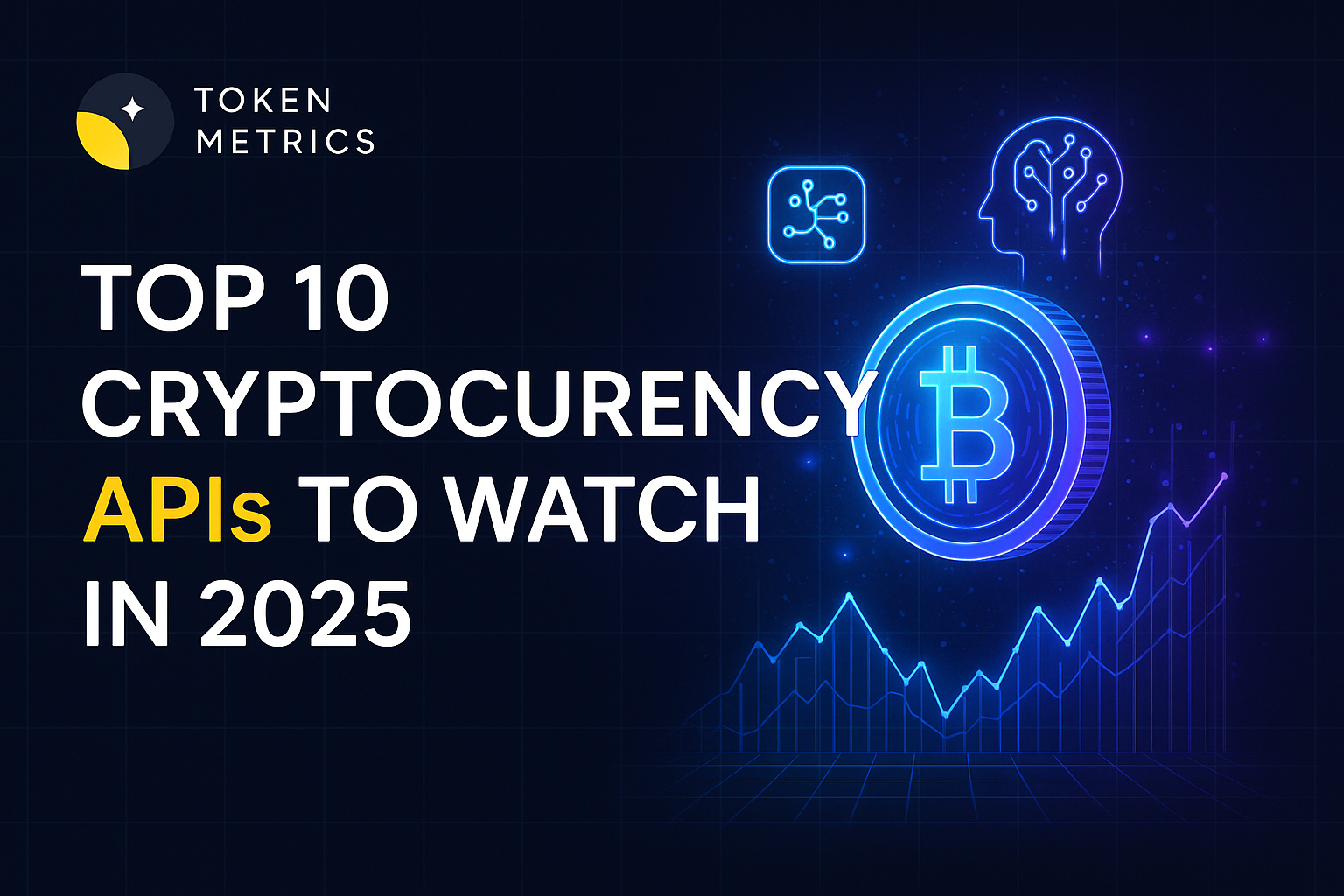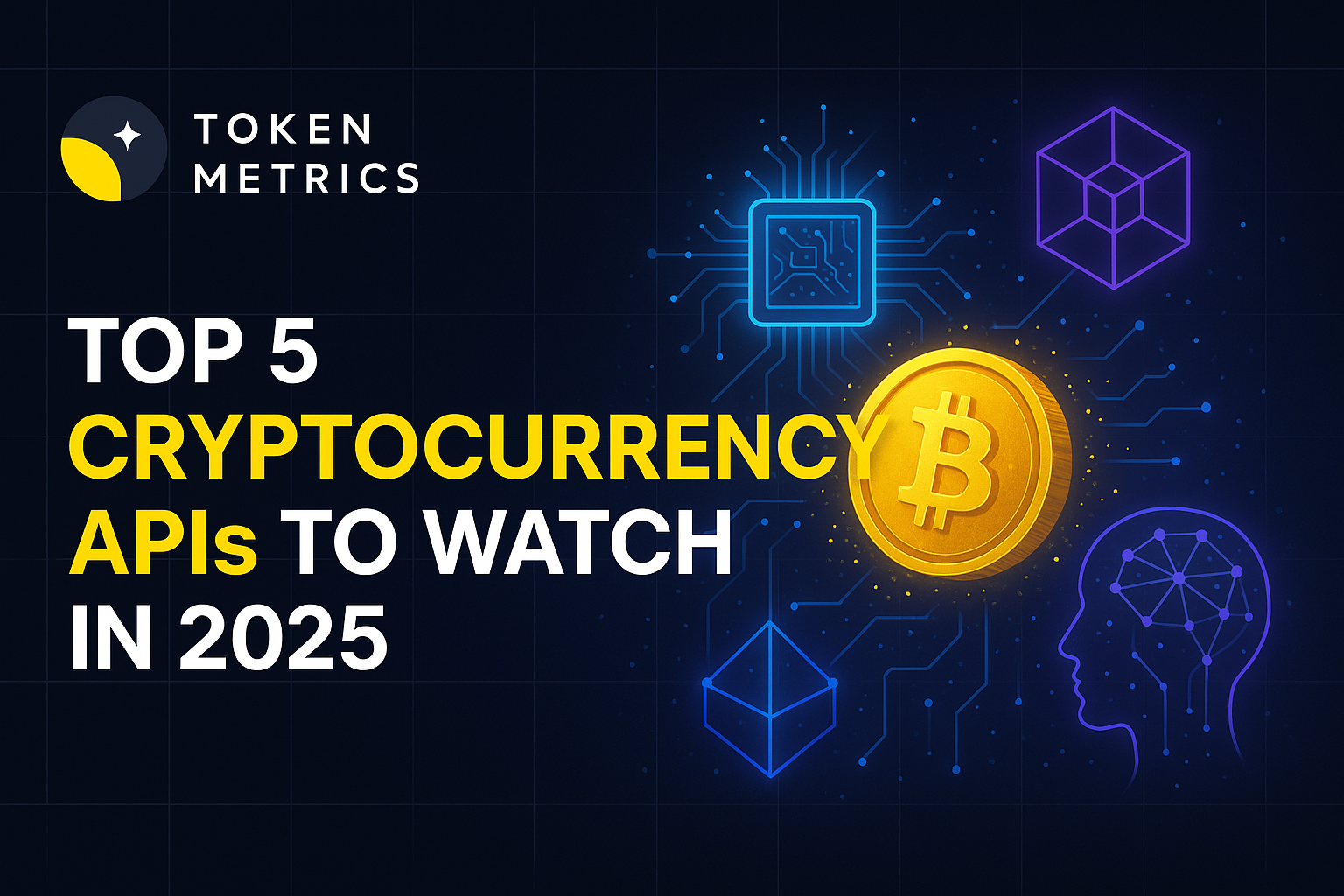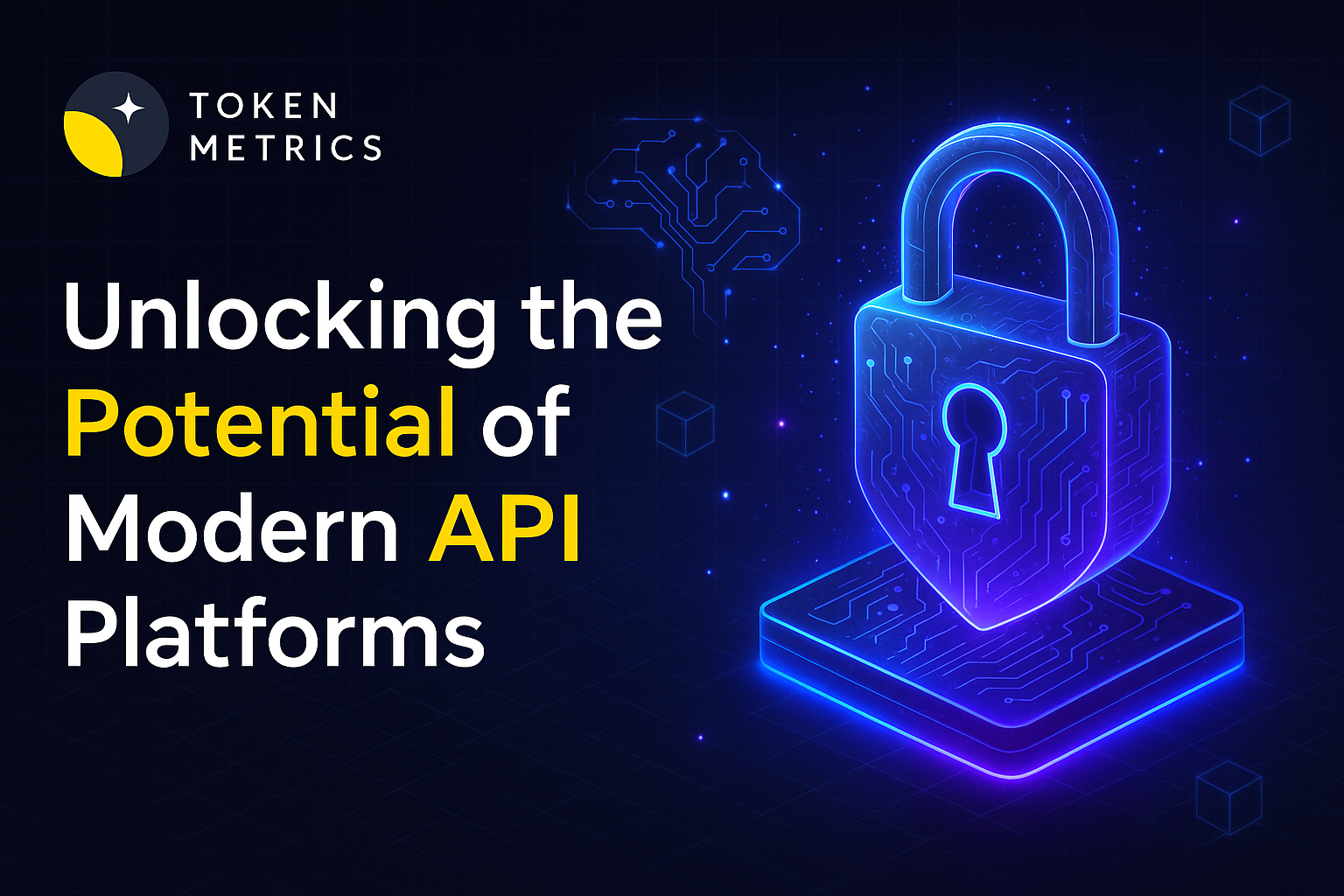Cardano Staking - A Comprehensive Guide for Beginners

Cryptocurrency enthusiasts constantly search for fresh and inventive approaches to maximize their digital assets and earnings. Over the past few years, staking Cardano has emerged as a popular method in this endeavor.
Staking Cardano presents an excellent opportunity for individuals interested in passive income generation. Staking involves actively contributing to a blockchain network and receiving additional cryptocurrency as a reward.
With its reputation as the "Ethereum killer," Cardano provides a dependable and secure platform for staking its native cryptocurrency, ADA.
This comprehensive guide will explore everything you need to know about Cardano staking, including what it is, how to stake it, the pros and cons, and where to do so. Let's dive in!
What is Cardano Staking?
Cardano is a proof-of-stake (PoS) blockchain founded by Ethereum co-founder Charles Hoskinson. PoS blockchains, unlike proof-of-work (PoW) blockchains like Bitcoin, validate transactions and produce blocks through staking rather than mining.
Staking involves locking away coins in a node to validate transactions and contribute to the network's security and stability. By staking ADA, you can earn staking rewards without moving or losing your coins.
In Cardano's PoS blockchain, nodes play a crucial role in the validation process. Nodes are groups of people who have pooled their staked ADA tokens together.
The more ADA coins locked away in a node, the higher the chances of producing blocks and earning rewards. Staking pools, often operated by those with technical expertise, allow users to pool their tokens with others or run their own staking pool.
How to Stake Cardano?
Staking Cardano is a straightforward process that can be done through reputable crypto exchanges or by staking directly with staking pool operators. Let's explore both methods.
Staking via an Exchange
If you prefer a user-friendly and convenient option, staking Cardano via a crypto exchange might be the right choice. Here's a step-by-step guide on how to stake Cardano via an exchange:
- Find a reputable cryptocurrency exchange that supports ADA trading and staking, such as Binance or Coinbase.
- Create an account on the exchange platform and complete the necessary verification process.
- Deposit ADA tokens into your exchange wallet by either buying ADA directly on the exchange or transferring existing tokens from another wallet.
- Navigate to the "Staking" page on the exchange platform and select "Cardano" as the cryptocurrency you want to stake.
- Choose your desired staking duration, determining how long your ADA tokens will be locked away.
- Enter the amount of ADA tokens you want to stake and review any associated fees.
- Confirm your staking transaction and wait for the staking process to begin.
Staking with Staking Pool Operators
Staking directly with staking pool operators offers more independence and control over your assets. Here's how to stake Cardano with staking pool operators:
- Obtain an ADA wallet that supports staking, such as Daedalus or Yoroi.
- Transfer your ADA tokens to your chosen wallet from an exchange or any other source.
- Research staking pool operators and choose a pool that aligns with your preferences and requirements.
- Delegate your ADA tokens to the selected staking pool by following the instructions provided by your wallet.
- Your ADA tokens will now be staked in the pool, and you will start earning staking rewards.
It's important to note that staking with staking pool operators allows you to retain full control of your funds and withdraw them at any time.
Pros and Cons of Cardano Staking
Before diving into Cardano staking, it's essential to consider the pros and cons. Let's explore the advantages and disadvantages of staking Cardano.
Pros of Cardano Staking
- Passive Income: Staking Cardano allows you to earn a passive income by participating in the network and contributing to its security and stability.
- Higher Yields: The potential yields from Cardano staking are typically higher than traditional investments, making it an attractive option for long-term holders of ADA tokens.
- Energy-Efficient: Unlike crypto mining, staking requires minimal energy consumption and setup, making it a more environmentally friendly option.
- User-Friendly: Staking Cardano is relatively simple, especially when staking via exchanges that offer user-friendly interfaces.
- Network Participation: By staking ADA, you actively participate in the Cardano network, making it faster and more stable.
Cons of Cardano Staking
- Volatility: The crypto market is known for its volatility, and the price of ADA can fluctuate dramatically. If the value of ADA depreciates significantly, potential losses from staking can quickly exceed the income earned.
- Pool Selection: Choosing the right staking pool is crucial for maximizing rewards. While reputable pools exist, some pool operators may take advantage of contributors by claiming a significant portion of the rewards.
- Risk of Loss: While staking itself is safe, losing your funds is risky if you lose access to your wallet's private key. It's important to ensure proper wallet security measures are in place.
Despite these potential drawbacks, Cardano staking remains an attractive option for those earning passive income from their ADA holdings.
Where to Stake Cardano?
You can stake your Cardano (ADA) tokens, including popular exchanges and dedicated wallets. Let's explore some of the platforms where you can stake Cardano.
Staking on Coinbase
Coinbase, a leading cryptocurrency exchange, offers Cardano staking with an annual percentage yield (APY) of 3.75%. Here's how to stake Cardano on Coinbase:
- Create an account on Coinbase and complete the necessary verification process.
- Select your desired Cardano staking pool and review the staking amount required.
- Buy Cardano on Coinbase or transfer your ADA tokens from an external wallet into your Coinbase wallet.
- Add your ADA to the selected Cardano staking pool and approve the associated fees and minimum lock-up period.
- Wait for your Cardano staking rewards to arrive, typically every five to seven days after the initial holding period.
Staking on Binance
Binance, one of the largest cryptocurrency exchanges, offers Cardano staking with an APY of up to 6.1%. Here's how to stake Cardano on Binance:
- Create an account on Binance if you don't already have one.
- Visit the Binance "Staking" homepage.
- Ensure you have sufficient funds in your Binance spot wallet.
- Choose ADA from the list of tokens available for staking.
- Follow the prompts on the screen for first-time staking on the platform.
- Enter the desired amount for staking or choose the percentage of total assets to be staked.
- Review the details and click "Confirm" to complete the staking process.
Staking on eToro
eToro, a popular social trading platform, offers automatic staking of supported cryptocurrencies, including Cardano. Here's how to stake Cardano on eToro:
- Create an account on eToro and complete the necessary verification process.
- Deposit ADA into your eToro wallet.
- Automatic staking will begin, and you will start earning staking rewards.
- The staking yield percentage depends on your membership status on eToro.
Risks of Cardano Staking
While Cardano staking offers numerous benefits, knowing the associated risks is important. Here are some risks to consider before staking Cardano:
- Market Volatility: The value of ADA can fluctuate significantly, potentially impacting the overall returns from staking.
- Pool Performance: The performance of the staking pool you choose can impact the rewards you receive. It's essential to research and select reputable and well-performing pools.
- Lock-Up Period: Staking your ADA involves a lock-up period during which your tokens are locked and cannot be easily accessed or sold. If you need immediate liquidity, staking may not be suitable.
- Loss of Private Key: Losing access to your wallet's private key can permanently cause you to lose your staked ADA. Keeping your private key secure and backing up your wallet is crucial.
It's vital to conduct thorough research and carefully consider these risks before engaging in Cardano staking.
Frequently Asked Questions
Q1. Is Cardano staking safe?
Yes, Cardano staking is generally considered safe. The ADA tokens used for staking never leave your wallet, and staking rewards are earned similarly to interest in a savings account. However, practicing proper wallet security measures to protect your funds is important.
Q2. Can I unstake my ADA at any time?
Yes, you can unstake your ADA anytime, but it's essential to consider the lock-up period associated with your chosen staking duration. Withdrawing your ADA before the end of the staking duration may result in losing staking rewards.
Q3. Can I stake Cardano if I don't have technical expertise?
Yes, even if you don't have technical expertise, you can stake Cardano by using reputable crypto exchanges that offer staking services. These platforms provide user-friendly interfaces that simplify the staking process.
Q4. How often are staking rewards distributed?
Staking rewards are typically distributed at the end of each epoch, which lasts approximately five days. The distribution of rewards is based on the snapshot taken at the end of each epoch, reflecting the distribution of staked ADA tokens.
Conclusion
Cardano staking offers a compelling opportunity to earn passive income and actively participate in the Cardano network. By staking ADA, you contribute to the network's security and stability while enjoying potentially higher yields than traditional investments.
Whether you choose to stake through exchanges or directly with staking pool operators, it's important to consider the pros and cons, research staking pools, and understand the associated risks. With this comprehensive guide, you are now equipped with the knowledge to begin your Cardano staking journey. Happy staking!
Disclaimer
The information provided on this website does not constitute investment advice, financial advice, trading advice, or any other advice, and you should not treat any of the website's content as such.
Token Metrics does not recommend buying, selling, or holding any cryptocurrency. Conduct your due diligence and consult your financial advisor before making investment decisions.
Create Your Free Token Metrics Account

.png)




%201.svg)
%201.svg)


%201.svg)










.svg)




.png)